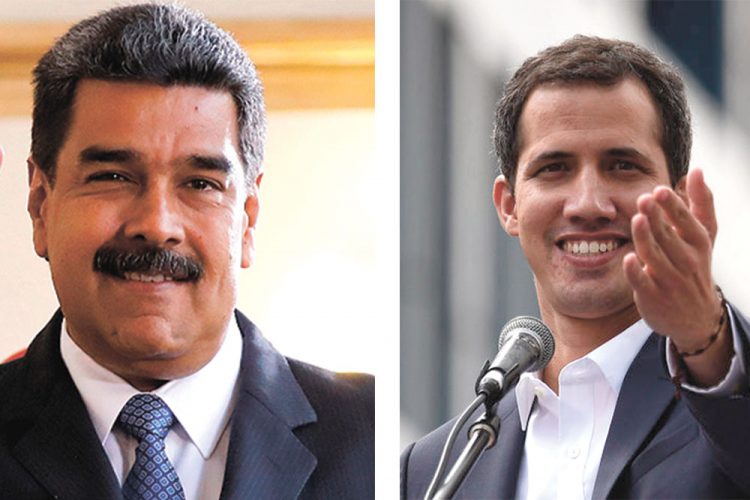The Venezuelan dilemma

What is happening in Venezuela is messy and demands more than one article to grasp the magnitude of what is at play.
It should be of importance to us in SVG and the wider Caribbean, for it could lead to serious instability and affect us in many ways, including impacting negatively on our tourism. There is also the prospect of Venezuelan refugees flooding our shores. I note that a delegation from CARICOM met with the UN Secretary General and representatives of different countries, reinforcing their view of non-intervention and need for a peaceful solution. CARICOM, however, does not have a unified position on the issue, their divisions having been exposed by two OAS resolutions. The last of January 10, resolved not to recognise the legitimacy of the Maduro regime. It is good that they were able to let their voices be heard, but in the final analysis they are small fry. It is the big guns that will use their muscles to get others to do their bidding.
In my opinion, there are two main issues; Venezuela’s economic crisis that has led to the migration of millions of its people. This has had, among other things, a serious effect on its oil production. The immediate issue is about divisions over the legitimacy of the Maduro regime. The US has responded with threat of military intervention and has recognised the leader of the national assembly, Juan Guaidó, as Interim President. Buoyed perhaps, by US backing, he had earlier declared himself interim president. Some European countries including Spain, France, and Germany gave Maduro eight days to call elections with the threat of recognising Guidaó. The situation is heading for a showdown, with Russia, China, Iran and Turkey strongly supporting Maduro.
Central to all of this is the May 2018 election that the US and the west denounced as a sham. The American media has pushed this, but the reality is that observers from a number of countries and regions, including the African union and numerous organisations and electoral commissions have taken a different position, declaring the elections free and fair. It should however not escape us that there was only a 46 percent turnout, with Opposition figures either exiled or under arrest. That tells its own story, with complaints about the government’s control of the electoral machinery and presence of irregularities. The Opposition had throughout been divided, with one of its members pulling away to contest the election. Let us note too, that the Venezuelan government had asked for a UN observer team. The Opposition argued against, claiming that all it was going to do was to give legitimacy to an election that was already rigged.
Reaction to what has been happening in Venezuela has long been rigged by ideological considerations and self-interest. The recognition of Opposition Leader Guaidó, has only added to the complexity of the situation.
So what next? There appears to be some glimmer of hope, with Maduro, no doubt because of the threat of US intervention, calling for dialogue with the Opposition, using international mediators. Letters had apparently been sent to governments in Europe, Latin America, Russia, and the Vatican. None apparently to the US that has thrown its full support behind Guaidó who has dismissed any talk of dialogue.
Should this not be given a try, despite the failure of earlier attempts at dialogue? I see no other way. American intervention should be a No! No! America’s long history of intervention in the region speaks for itself. Trump clamours for some element of victory and a distraction from his many woes. We also have to get away from the fixed ideological positions, especially with US Secretary of State asking countries to pick a side. Let us think of the Venezuelan people who are suffering greatly from all of this. Venezuela longs for political stability.
Dr Adrian Fraser is a social commentator and historian









